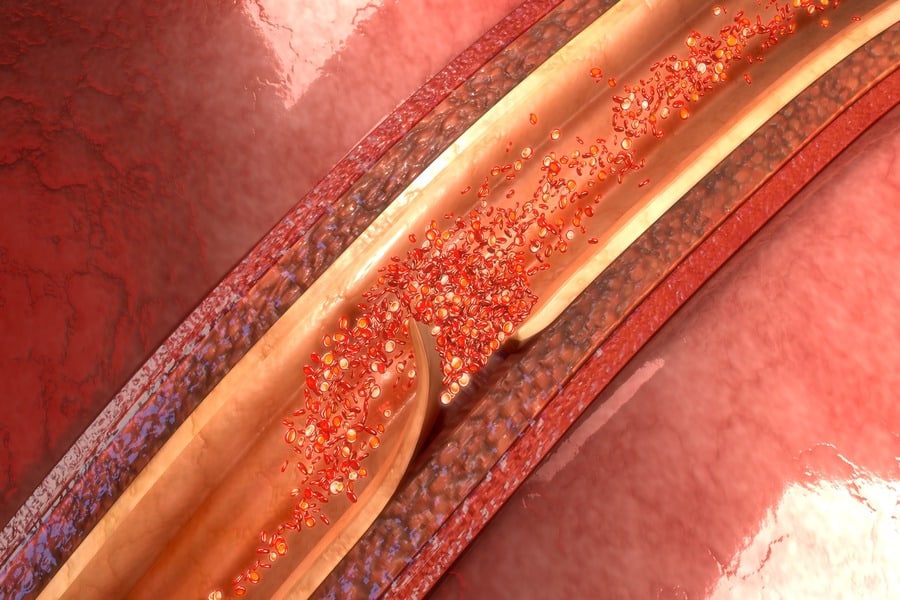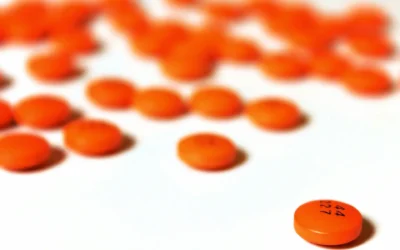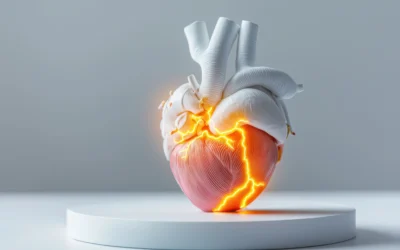Spontaneous coronary artery dissection (SCAD) is a rare, often underdiagnosed condition in which a tear occurs within the walls of a coronary artery. This tear can cause blood to accumulate within the arterial wall, leading to a reduction in blood flow to the heart muscle. As a result, SCAD can cause symptoms similar to those of a heart attack, including chest pain, shortness of breath, and even heart failure.
Overview:
SCAD is a serious, life-threatening condition that requires prompt medical attention. The exact cause of SCAD is not entirely understood, but it has been associated with certain risk factors and medical conditions. While SCAD can affect anyone, it is more common in women, particularly those who are pregnant or in the postpartum period. Early diagnosis and treatment of SCAD are crucial to reduce the risk of complications and improve outcomes.
Symptoms:
The symptoms of SCAD can vary depending on the severity and location of the arterial tear but may include:
- Chest pain or pressure, often described as a crushing or squeezing sensation
- Shortness of breath
- Lightheadedness or dizziness
- Nausea or vomiting
- Excessive sweating
It is important to note that SCAD can sometimes occur without any symptoms or with only mild symptoms, making it a challenging condition to diagnose.
Causes:
The exact cause of SCAD is not entirely understood, but several factors have been associated with an increased risk of developing this condition, including:
- Hormonal changes: SCAD is more common in women, particularly those who are pregnant or in the postpartum period.
- Connective tissue disorders: Conditions such as Marfan syndrome or Ehlers-Danlos syndrome may increase the risk of SCAD.
- Inflammation: Inflammatory conditions, including lupus and Crohn’s disease, may be associated with SCAD.
- High blood pressure: Chronic hypertension may contribute to the development of SCAD.
- Cocaine use: The use of cocaine has been linked to SCAD.
Risk Factors:
Several factors have been associated with an increased risk of SCAD, including:
- Female gender
- Pregnancy or postpartum period
- Connective tissue disorders
- Inflammatory conditions
- High blood pressure
- Cocaine use
- Family history of SCAD
Prevention:
While SCAD is not entirely preventable, there are steps you can take to reduce your risk, including:
- Managing high blood pressure: Regular check-ups and appropriate medications can help control hypertension.
- Avoiding recreational drug use: Cocaine use has been associated with SCAD.
- Monitoring and managing inflammatory or connective tissue disorders: Work with your healthcare provider to monitor and manage these conditions.
- Leading a healthy lifestyle: Eating a balanced diet, exercising regularly, and avoiding smoking can help reduce the risk of SCAD.
When to See the Doctor:
If you experience symptoms of SCAD, such as chest pain or shortness of breath, seek medical attention immediately. Early diagnosis and treatment are crucial to reduce the risk of complications and improve outcomes.
Treatment:
Treatment for SCAD aims to restore blood flow to the heart muscle and prevent complications. Treatment options may include:
- Medications: Blood thinners or antiplatelet medications may be prescribed to prevent blood clots.
- Procedures: In some cases, angioplasty or stenting may be necessary to restore blood flow.
- Surgery: In severe cases, coronary artery bypass surgery may be required.
Additional Information:
SCAD is a condition that is still not fully understood, and ongoing research is being conducted to better understand the causes, risk factors, and treatment options for this condition. If you have been diagnosed with SCAD, consider participating in clinical trials or registries to help advance your knowledge of this condition.
In conclusion, SCAD is a rare but serious condition that can have a significant impact on heart health. Understanding the symptoms, risk factors, and causes of SCAD is essential for early diagnosis and effective treatment. By adopting a healthy lifestyle and working with your healthcare provider, you can reduce your risk and improve your overall heart health.









